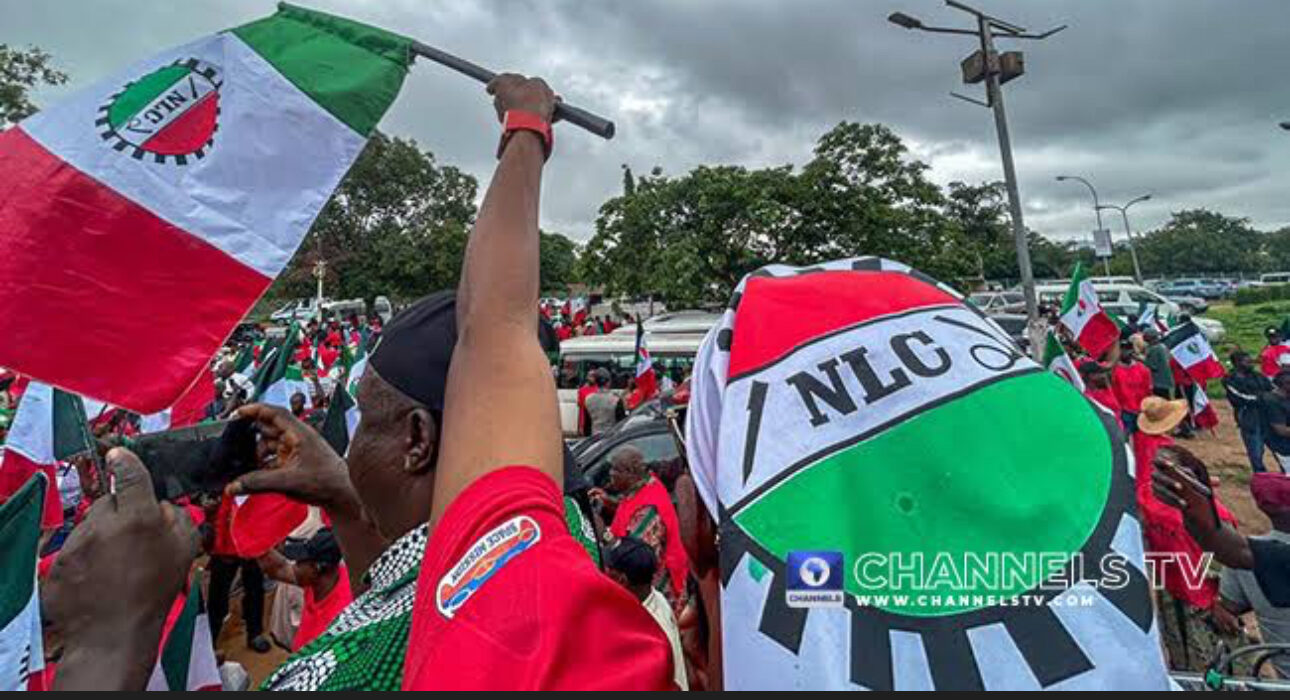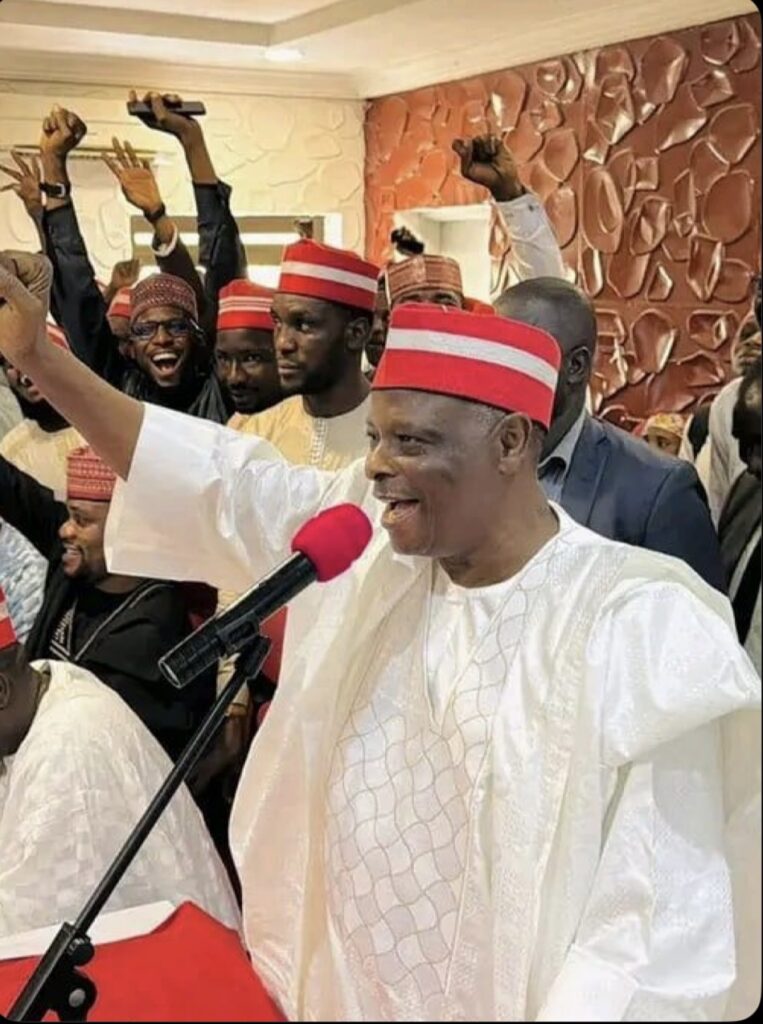Organised Labour Kicks over FG’s Move to Criminalise Strikes Through New Industrial Policy

A major confrontation is brewing between the Federal Government and organised labour in Nigeria following the approval of a new National Industrial Relations Policy (NIRP), which union leaders claim is designed to suppress workers’ rights and criminalise legitimate strike actions.
The Nigeria Labour Congress (NLC) and the Trade Union Congress (TUC), the two umbrella bodies representing millions of Nigerian workers, have openly rejected the policy introduced by the administration of President Bola Tinubu, describing it as an anti-labour framework intended to erode constitutional freedoms.
The new policy, approved by the Federal Executive Council, aims to regulate trade union activities, streamline dispute resolution mechanisms, and minimise industrial actions.
However, labour leaders argue that hidden within the policy are provisions that could severely restrict the right of workers to protest, picket, or embark on strike action without facing criminal charges.
Speaking on the development, leaders of both the NLC and TUC warned that the government’s decision to push the policy through without proper consultation with labour stakeholders was unacceptable and provocative. They described the policy as a veiled attempt to intimidate unions and weaken collective bargaining.
“The right to strike is not a privilege. It is a fundamental right guaranteed by our constitution and recognised under international labour conventions,” said one senior union official. “We will not accept any policy that criminalises our right to withdraw our labour in the face of injustice.”
This latest development comes just months after a nationwide strike in June 2024, during which the NLC and TUC shut down major sectors of the economy in protest over wage stagnation and rising cost of living. In response, the Federal Government labelled the strike as illegal, citing non-compliance with procedural guidelines and a subsisting court order.
The Attorney-General of the Federation, Lateef Fagbemi, had at the time warned labour unions against defying court injunctions, stating that such actions constituted contempt and could attract legal consequences.
This warning now appears to be the foundation for aspects of the new industrial policy.
Labour’s resistance to the NIRP is grounded in both national law and international obligations. Section 40 of Nigeria’s 1999 Constitution guarantees freedom of association and the right of workers to form or join trade unions.
Nigeria is also a signatory to International Labour Organisation (ILO) Conventions 87 and 98, which protect the rights to organise and to bargain collectively.
Legal experts have warned that any attempt to use policy instruments to suppress these rights could lead to prolonged industrial unrest and further damage Nigeria’s reputation in the international labour community.
The NLC and TUC have vowed to challenge the policy through every legal and democratic means available, including public mobilisation, engagement with the National Assembly, and potential court action if necessary.
They insist that any industrial policy must be the outcome of broad-based stakeholder dialogue, not a unilateral executive decision.
As tension mounts, labour unions are calling on Nigerians to remain vigilant, arguing that what is at stake is not just the right to strike, but the broader issue of protecting civil liberties in a democratic society.
They have warned that attempts to criminalise dissent in the workplace will be met with strong resistance.
The unfolding situation signals what could become a major political and legal battle over the future of labour rights in Nigeria under the current administration.









